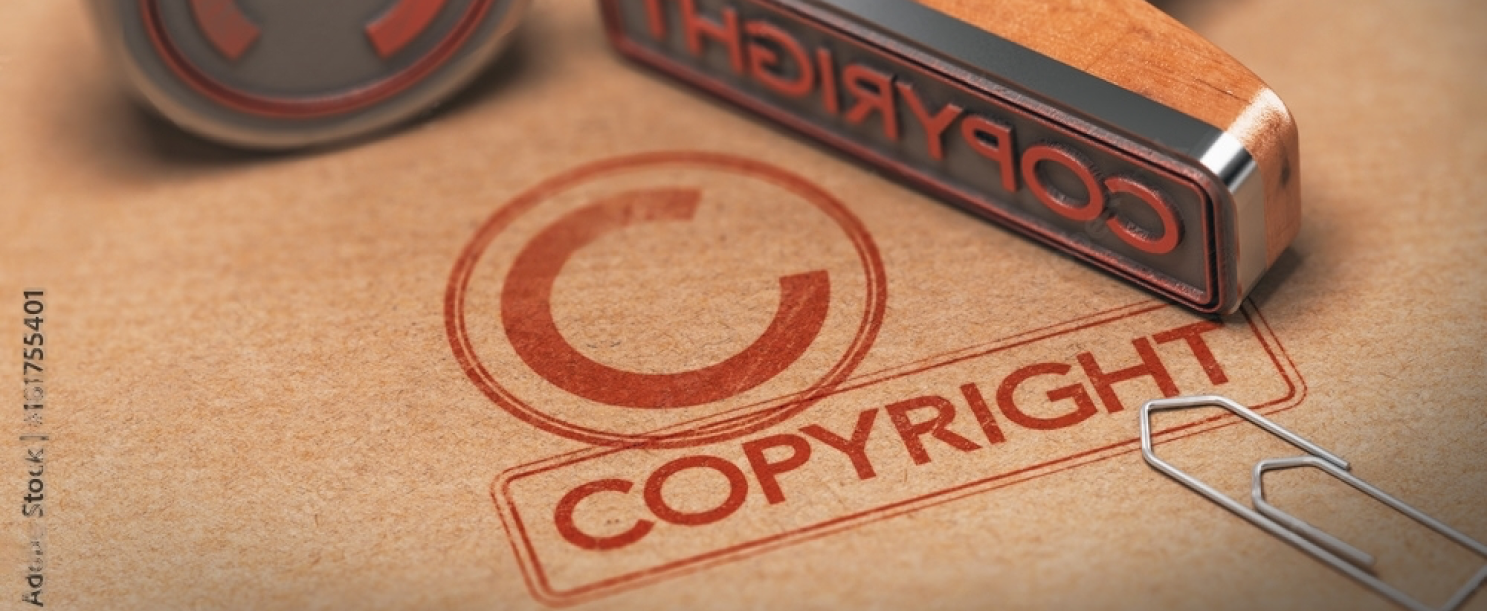
Copyright
What is a Copyright?
Copyright is a right given by the law to creators of literary, dramatic, musical and artistic works and producers of cinematograph films and sound recordings. In fact, it is a bundle of rights including, inter alia, rights of reproduction, communication to the public, adaptation and translation of the work.
Scope of protection in the Copyright Act, 1957
The Copyright Act, 1957 protects original literary, dramatic, musical and artistic works and cinematograph films and sound recordings from unauthorized uses. Unlike the case with patents, copyright protects the expressions and not the ideas. There is no copyright in an idea.
Works on which Copyright subsists
Copyright subsists throughout India in the following classes of works:
• Original literary, dramatic, musical and artistic works
• Cinematograph films
• Sound recordings.
Who is an author?
• In the case of a literary or dramatic work the author, i.e., the person who creates the work.
• In the case of a musical work, the composer.
• In the case of a cinematograph film, the producer.•In the case of a sound recording, the producer.
• In the case of a photograph, the photographer.
• In the case of a computer generated work, the person who causes the work to be created.
Rights granted
The rights vary according to the class of work.
In the case of a literary work
In the case of a literary work (except computer programme), copyright means the exclusive right
• To reproduce the work•To issue copies of the work to the public
• To perform the work in public
• To communicate the work to the public.
• To make cinematograph film or sound recording in respect of the work
• To make any translation of the work
• To make any adaptation of the work.
Computer programmes under Copyright Act
Computer programmes are protected under the Copyright Act. They are treated as literary works.
Special rights in computer programmes
In addition to all the rights applicable to a literary work, owner of the copyright in a computer programme enjoys the rights to sell or give on hire or offer for sale or hire, regardless of whether such a copy has been sold or given on hire on earlier occasion.
Rights in a dramatic work
In the case of a dramatic work, copyright means the exclusive right
• To reproduce the work
• To communicate the work to the public or perform the work in public
• To issue copies of the work to the public
• To include the work in any cinematograph film
• To make any adaptation of the work
• To make translation of the work.
Rights in a artistic work
In the case of an artistic work, copyright means the exclusive right
• To reproduce the work
• To communicate the work to the public or perform the work in public
• To issue copies of the work to the public
• To include the work in any cinematograph film
• To make any adaptation of the work
• To make translation of the work.
Rights in a musical work
In the case of a dramatic work, copyright means the exclusive right
• To reproduce the work
• To communicate the work to the public or perform the work in public
• To issue copies of the work to the public
• To make cinematograph film or sound recording in respect of the work
• To make any adaptation of the work
• To make translation of the work.
Rights in a cinematograph film
In the case of a dramatic work, copyright means the exclusive right
• To make a copy of the film including a photograph of any image forming part thereof
• To sell or give on hire or offer for sale or hire a copy of the film
• To communicate the cinematograph film to the public.
Rights in a sound recording
• To make any other sound recording embodying it
• To sell or give on hire, or offer for sale or hire, any copy of the sound recording
• To communicate the sound recording to the public.
Why should copyright be protected?
Copyright ensures certain minimum safeguards of the rights of authors over their creations, thereby protecting and rewarding creativity. Creativity being the keystone of progress, no civilized society can afford to ignore the basic requirement of encouraging the same. Economic and social development of a society is dependent on creativity. The protection provided by copyright to the efforts of writers, artists, designers, dramatists, musicians, architects and producers of sound recordings, cinematograph films and computer software, creates an atmosphere conducive to creativity, which induces them to create more and motivates others to create.
